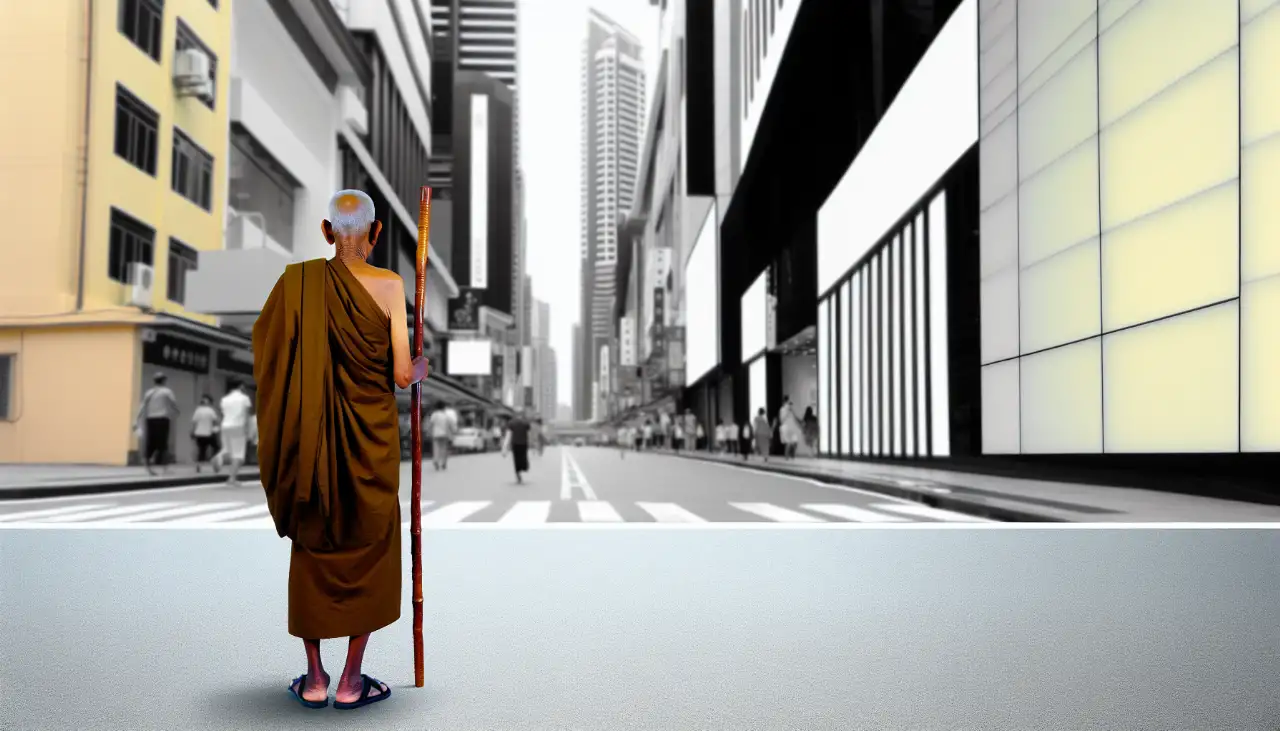
In the context of this modern world, what does a Shaman do?
Shamans are healers of souls - this was, and still is, their primary function as healers.
People often confuse the traditional shaman with the medicine man or woman. They were different in many traditional settings, and in others, one and the same. The western image of the shaman as some sort of spiritual, or even political leader in his or her community may be comfortable in light of western culture, but it is far from the actual truth.
Yes, shamans were more often than not valued and respected, but they were also feared and shunned. These were not then, nor are they now, "normal" people.
My favorite image of that time is the collection of small huts huddled together in a forest clearing to form a small community of these new creatures who would eventually call themselves man. The image is comforting when you realize that these early extended families represented everything we value now in western culture in terms of community and security. Now, as you survey that quaint scene, look over the village to the very edge of the forest. You will see a lone mud hut, off by itself, somehow different than the others. If you're a shaman, that is your home, out on the edge of even a primordial society. When they need you, they will come calling and in those days they needed them a lot.
Actually, we are still needed for the very same reasons we were always needed. Shamans ask big questions, deal in matters that make other people uncomfortable, and still work on the fringes of our villages. Only the arrogance of the western mind causes it to believe that in two thousand years it has evolved physically and spiritually past the need for a basic understanding of its relationship to all creation. There is a need that has always existed in human beings to understand not the how, or what, or when, but the why of existence here.
Technology, religiosity, and the infamous 'they' have become the gods of this new religion. AIDS: "Don't worry, 'they' will find a cure." Deforestation and global warming: "Don't worry, 'they' will figure it out and fix it." Faith in technology has stripped us once again of personal responsibility, just as Feudal Catholicism explained to the serfs why they should be happy with their lives and not demand the right to self determination. Are we using technology or is technology using us? Behind all that lies a basic uneasiness, a sense something isn't quite clear. As though the glass is still only half full, something remains hidden, unexplained, and just out of sight. Technology isn't giving us that answer; neither are the major world religions expressed as metaphor to the lowest common denominator.
I should stop for a moment and define the current state of affairs concerning shamanism as the New Age darling it has become in the last few years. I love academic shamans. They are so sure of themselves, all those words all over the place. Any practicing shaman knows you aren't really making any progress unless you've ruined your pants a few times. But according to the academics, shamanism can only be practiced by indigenous cultures. In other words, if you aren't running around bare-assed in the jungle somewhere, you can't hope to ever become a Shaman. The racism inherent in a viewpoint like this is frightening in the sense that those holding this view never see it. I don't worry about the academic shamans, bless their pointy little heads. By the time they get done reading all those books and arguing about them, they'll be dead. So it goes.
The next float in our parade belongs to the traditionalists. These are the people who say you can't be practicing shamanism unless you are steeped in the traditions and practices of a known historical method. In other words, if someone shows up who is depressed, or grieving, you should treat them in your tradition the way a shaman would have two thousand years ago. This method ignores several important things. First, it ignores all human progress and understanding that has occurred since then. Then, it ignores the fact that those practices were designed for a specific culture and time. Those metaphors simply don't apply anymore. That's not to say some particular practice might not be applicable now, but they lose sight of the distinction very quickly.
Bringing up the rear of our little assemblage are the modern or contemporary shamans. I belong to this group. We're pretty much reviled by everyone. The reason for that can be seen on the part of those groups above as a territorial imperative, but there is more to it than that. Modern shamans are taking the old practices, extracting the basic energy from them, and reapplying them to a new culture and time. They take into account the advancements in knowledge and understanding that have occurred up until this point. Frankly, that gives people the heebie-jeebies. The reason is simple: now you have what appear to be new practices that apply to the society they live in today. That is an amazingly uncomfortable prospect for both the academics and the traditionalists.
Playing a little mind theater in the old traditions, or debating evolutionary rattling practices of the Huna Shamans over a couple of latte's is comfortable. You're a little odd, unique, maybe even a little bit of a character by local community standards, but you're not out of the mainstream completely. In other words, it's 'nice'. No need to worry about someone coming and burning your house down, or being set upon by things that have every intention of sucking the soul right out of your body. It's kind of cool, you know? Go to a few seminars, maybe start a journeying group in your apartment complex - oooo Baaaby - let's go drum. I'm not being critical. Really, whatever helps people is fine with me. I just get tired of having the heck beat out of me and my methods because my only yardstick is getting results in the real world. And I think that's what bothers people.
Instead of practices that you can keep at arms length, now you have things that are inside your culture. They are hitting where you live, and that isn't very comfortable for most people. So to get back to your question; you do remember your question don't you?
Modern shamans are still doing the same things shamans have always done. They stand on that bridge between this reality and the next ready to bring back whatever knowledge is needed. Today shamans can help people with the same problems their ancestors suffered with when they were squatting in the dust sixty thousand years ago. The culture and language have changed and so have the practices. They are more essential now, less burdened with extraneous metaphor. While scientists were figuring out the earth wasn't really flat, shamans were working right along beside them refining their own understanding and practices.
Shamans today can offer a great deal to help in our current understanding of our environment and our selves. They have a better understanding than ever before of human nature and how that relates to nature at large. They see more clearly, they listen more profoundly, and they are working still to unravel the knowledge of the mysteries that fuel the human quest for self-understanding and knowledge of the divine.
Shamans are curious people. They don't ask what if, they ask why not. Ethically, most shamans will never harm you, unless of course, you get in their way, or intend them harm first. They serve at the whim of their communities, offering knowledge, vision and help when such is requested. When asked, the information is presented; what people do with it is up to them. Shamans can be wrong. I can be wrong. Sometimes, I'm wrong on purpose - just because I like seeing the pleasure it brings other people. On the exterior, you will find most shamans have a very conditional sort of morality. But rub through the dirt and you will be surprised at how conservative most of them really are, including myself. I don't listen to Rush Limbaugh, though.
Dark Shamans
And yes, there are 'dark' shamans. People seduced by power and their own ability to wield it. Fortunately, there aren't many around these days. All shamans, though, are on a personal quest within their own framework of understanding. It is about personal knowledge and knowledge of the infinite within each of us. They are happy to share, though, or most are. But, there are also things that cannot be shared through words; they can only be seen and experienced. Words simply fail.
I think most shamans today would like very much for people to be happy and to become aware of their world and their true natures. But someone has to get up, go outside, and wander down that overgrown path to the odd little mud hut at the edge of the village.
Then they have to knock.

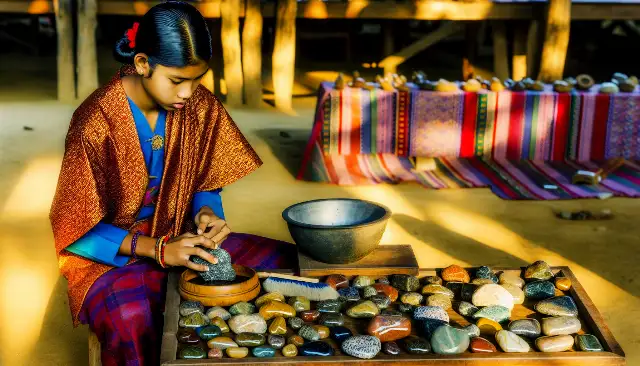
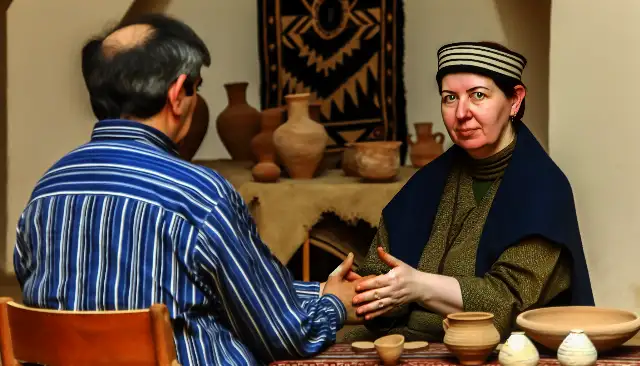
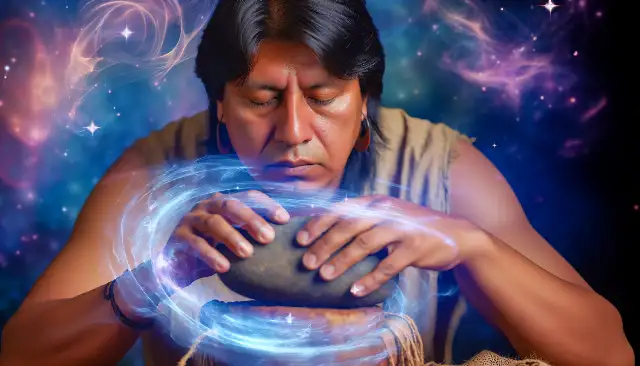

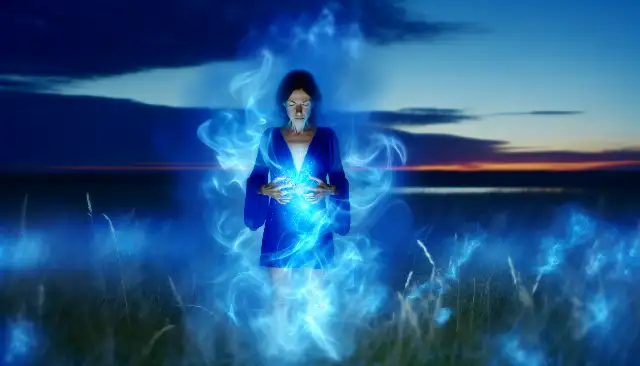

You don`t have permission to comment here!
Terms & Conditions
Subscribe
Report
My comments